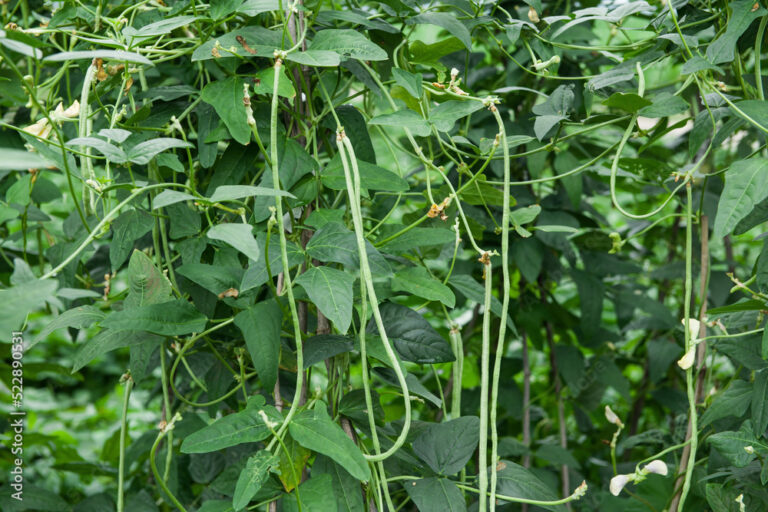
BIOLOGY- A STUDY OF LIFE

A living plant
The branch of science that studies life and living organisms is called biology. It is a vast discipline that examines various aspects of living organisms, including their structure, function, growth, evolution, and environmental interactions.
The study of biology is increasingly important in today’s world because it has profound implications for human life and the environment. There are several reasons for studying biology.
- The study of life (biology) helps in understanding of human health and production of medicine: it helps identify the causes and spread of diseases, and how the body responds. With this knowledge, vaccines, treatments and cures for diseases such as cancers are produced. Biological knowledge also drives research and innovations in medical technologies, diagnostic tools, and therapies. As seen in genetics are leading to personalized medicine tailored to individual genetic profiles.
- Environmental Protection and Conservation: Biological study has promoted: understanding of ecosystems, species interactions, and the critical role of biodiversity. With such understanding, strategies are developed to protect species that are endangered and conserve ecosystems that are vital for life on Earth. Additionally, the study of biology provides insights into how climate change affects ecosystems and species. It also helps in developing solutions for sustainability, such as eco-friendly agricultural practices and renewable energy alternatives.
- Food Security and Agriculture: Biological study has increased crop and livestock production. The credit to this can be given to advancement in genetics and biotechnology, which allow us to improve crops’ traits like yields and nutritional content while boosting the health and livestock’s productivity. Biology endows us with the knowledge of sustainable farming techniques which helps minimize agriculture’s environmental impact, promote an adequate food supply for the continuously growing population.
- Biotechnology and Innovation: Application of technology to create new biological products in areas like medicine, agriculture, and industry, has been one of the interest areas in biology. This includes biofuels, biodegradable plastics, and new pharmaceuticals. Some biological products are genetically modified to address the challenges of food scarcity, genetic diseases, and environmental damage.
- Improving Quality of Life: the study of biology has encouraged good nutrition and dieting. It has informed us with how our bodies process food and how the available nutrients affect our health. This information then helps us make better dietary choices. Brain and nervous system research enhance our understanding of psychological conditions and advise us on treatments for mental health disorders like depression, anxiety, and schizophrenia.
- Understanding Evolution and Ecology: species are constantly changing and a study on species evolution over time can help us to understand how life has existed on earth, human origins, and different adaptation strategies for different organisms. Also, biological studies have intimated to us how organisms interact with the environment where they live, their impact, and strategies for managing the environmental damages that are produced.
- Advancements in Scientific Research and Education: Biological study has increased biological research, this in turn deepens our understanding of life and increased the curiosity for more knowledge. These expanded knowledge guide public policy making, and decision-making on challenging areas like healthcare, environmental protection, and ethical concerns.
Careers in Biology (study of life)
There are many opportunities for a biologist, they include research scientist, biotechnology specialist, environmental consultant, healthcare professional, pharmacologist, marine biologist, forensic scientist, genetic counselor, ecologist, zoologist, botanists, agricultural scientist, and biological technician.
Branches of Biology
Biology is branched into different areas comprising molecular biology, cell biology, genetics, evolutionary biology, ecology, physiology, botany, zoology, botany, microbiology, immunology, biochemistry, neurobiology, developmental biology, biophysics, and marine biology.
In summary, studying biology is very relevant, as it has understanding of the living, their interactions with themselves and other non-living components of the environment. It is also interrelated with other science areas, hence, helping in better understanding of those areas.


